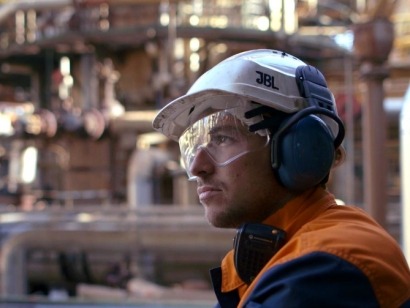
Biomethane is considered strategic by the European Union - which has set itself an aim to increase its production eightfold by 2030 compared to that recorded in 2022 - in its RePower EU program. The Spanish Gas Association (Sedigas) estimates that biomethane could account for almost half of Spain's natural gas consumption.
The agreement between Repsol and Genia Bioenergy includes 19 of its biomethane plants, which are under development. In addition, there are 11 other projects in an early stage of development. Repsol will purchase all the gas produced by these projects.
Genia Bioenergy is the only Spanish company that integrates the entire biogas and biomethane value chain, from the development of technologies and solutions to the engineering, construction and biological technical operation of the projects.
Biomethane is a renewable alternative to natural gas that originates from organic matter, such as agricultural and livestock waste. In addition to its use as a substitute for conventional gas, it has other industrial applications, such as the production of renewable fuels and green hydrogen or the manufacture of chemical products, reducing greenhouse gases (GHG).
The emerging biomethane industry in Spain and Portugal contributes to solving the problem that organic waste currently represents for administrations, since it takes advantage of waste that would otherwise generate emissions into the atmosphere as it degrades in landfills. It also represents an opportunity to generate economic activity in rural areas.
For Repsol's Executive Managing Director of Industrial Transformation and Circular Economy, Juan Abascal, "This agreement is an important step forward in our strategy to take advantage of material that would otherwise be waste and transform it into fuels for the home, industry and mobility. Genia Bioenergy's experience, talent and assets will allow us to position ourselves as an integrated player in the entire biomethane value chain."
According to Gabriel Butler, CEO of Genia Bioenergy, "The development of biomethane plants advances Spain's goal of decarbonization of the economy, reduces its energy dependence on foreign countries and provides a sustainable response to European guidelines on waste management. It also means the creation of qualified jobs and the boosting of economic ecosystems around waste, especially in rural environments."
In related news, Genia Bioenergy has announced the beginning of administrative procedures for the implementation of a biomethane plant in Tortosa and Campredó (Tarragona) to manage organic waste from the Terres de l'Ebre regions and generate up to 93 gigawatt hours per year (GWh /year) of biomethane.
This plant will occupy a plot of 8.5 hectares in Campredó and will involve the management of up to 127,000 tons per year of waste generated in Baix Ebre and Montsià, such as animal manure from the pig and poultry farms existing in the area, agricultural remains not suitable for food. animal or organic waste from agroindustry.

